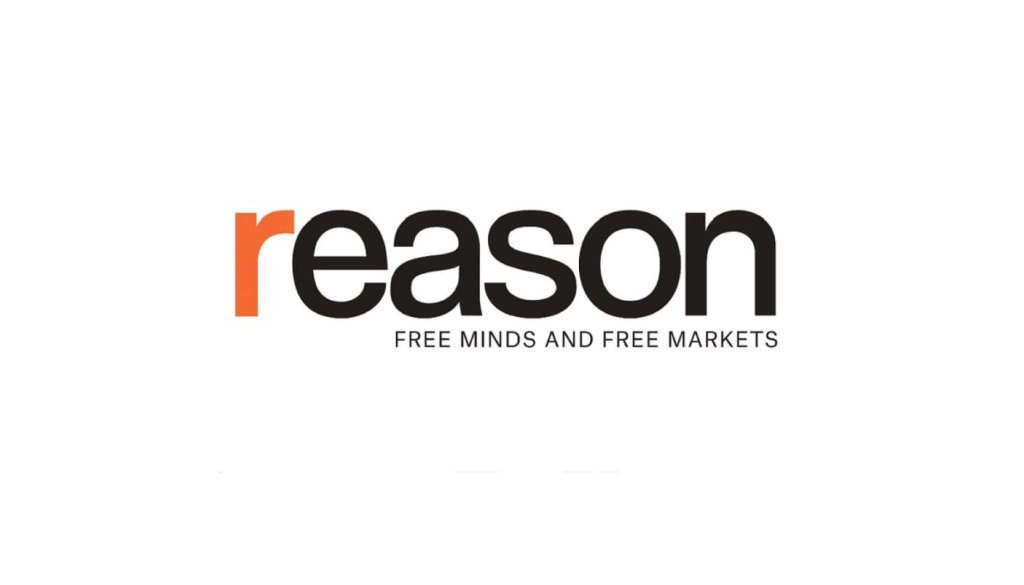AI Hallucination in Filings Involving 14th-Largest U.S. Law Firm Lead to $31K in Sanctions
I should note up front that both of the firms involved (the massive 1700-lawyer national one and the smaller 45-lawyer predominantly California one) have, to my knowledge, excellent reputations, and the error is not at all characteristic of their work. As to the lawyer whose outline apparently started this, the court notes that he “candidly admitted … what happened, and is unreservedly remorseful about it.” Likewise, the court adds, “In their declarations and during our recent hearing, [the lawyers’] admissions of responsibility have been full, fair, and sincere. I also accept their real and profuse apologies.”
But that I think just shows that all firms, however large and respected, need to be extra careful about having all their submissions thoroughly checked.
From Special Master Michael Wilner’s order last week in Lacey v. State Farm Gen. Ins. Co. (C.D. Cal.):
The attorneys representing Plaintiff in this civil action submitted briefs to the Special Master that contained bogus AI-generated research. After additional proceedings and considerable thought, I conclude that an award combining litigation sanctions against Plaintiff and financial payments from the lawyers and law firms is appropriate to address this misconduct.
I also conclude that additional financial or disciplinary sanctions against the individual attorneys are not warranted. This was a collective debacle, and is properly resolved without further jeopardy.
RELEVANT PROCEDURAL AND FACTUAL BACKGROUND
Discovery Proceedings Before the Special Master
In January 2025, the Court appointed me as Special Master in this insurance-related civil action. Central to the reason for my appointment was an ongoing dispute between the parties regarding the insurer’s assertion of various privileges in discovery.
After handling intervening legal issues, I met with the parties in early April to discuss the insurer’s privilege invocations. The parties provided me with detailed letter briefs regarding the discovery issue in advance of the meeting. When we met, the parties agreed to provide supplemental briefing on a discrete issue regarding the propriety of in camera review of some of the disputed documents.
The Briefs with AI Research
As recounted in detail in orders I issued on April 15 and 20 (attached to the Appendix to this order), Plaintiff’s supplemental brief contained numerous false, inaccurate, and misleading legal citations and quotations. According to my after-the-fact review—and supported by the candid declarations of Plaintiff’s lawyers—approximately nine of the 27 legal citations in the ten-page brief were incorrect in some way. At least two of the authorities cited do not exist at all. Additionally, several quotations attributed to the cited judicial opinions were phony and did not accurately represent those materials. {Some “pincites” were not correctly reported. While this could certainly impede research and review, I consider those errors to be at the mild end of the AI hallucination spectrum.} The lawyers’ declarations ultimately made clear that the source of this problem was the inappropriate use of, and reliance on, AI tools.
Here’s an abbreviated summary of the events. Plaintiff is represented by a large team of attorneys at two law firms (a lawyer moved from the Ellis George firm to K&L Gates during the course of the state court litigation underlying the insurance coverage action; the representation in the present case is shared between the two firms). {Although it’s necessary to identify some parties involved here, I decline to name-and-shame all of the lawyers in this order. They know who they are, and don’t need further notoriety here.} The lawyers admit that Mr. Copeland, an attorney at Ellis George, used various AI tools to generate an “outline” for the supplemental brief. That document contained the problematic legal research.
Mr. Copeland sent the outline to lawyers at K&L Gates. They incorporated the material into the brief. No attorney or staff member at either firm apparently cite-checked or oth
Article from Reason.com

The Reason Magazine website is a go-to destination for libertarians seeking cogent analysis, investigative reporting, and thought-provoking commentary. Championing the principles of individual freedom, limited government, and free markets, the site offers a diverse range of articles, videos, and podcasts that challenge conventional wisdom and advocate for libertarian solutions. Whether you’re interested in politics, culture, or technology, Reason provides a unique lens that prioritizes liberty and rational discourse. It’s an essential resource for those who value critical thinking and nuanced debate in the pursuit of a freer society.




